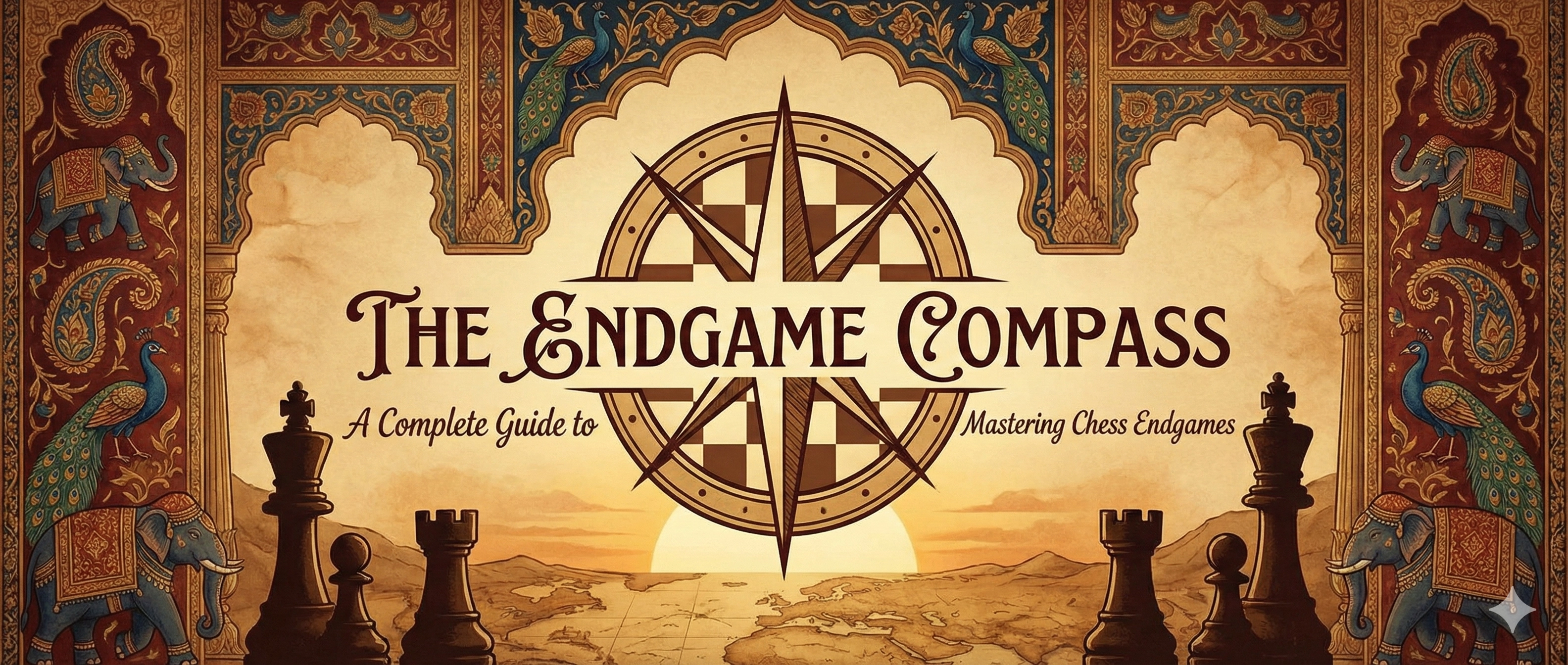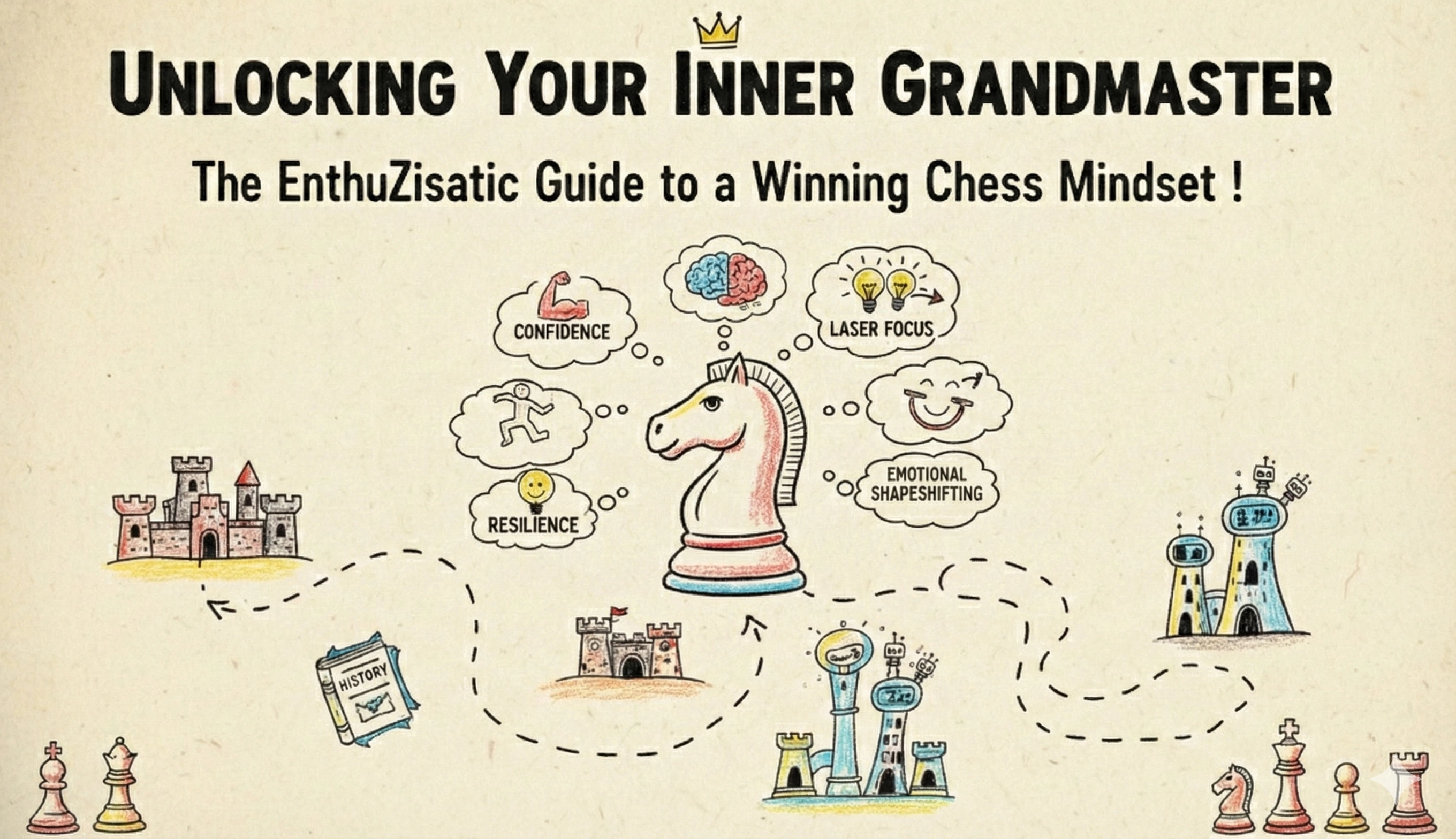Trinity College London music exams have emerged as a gold standard for aspiring musicians worldwide. From the enchanting sounds of the violin and piano to the rhythmic drive of the drums and the expressive versatility of the guitar, Trinity’s carefully curated examinations provide a launchpad for beginners and a summit for advanced performers. Over decades, this institution has helped nurture not just technical mastery, but also a genuine, enduring passion for music in learners of all backgrounds.
- A Legacy of Musical Excellence
- Trinity’s Inclusive Musical Spectrum
- Understanding the Trinity Exam Structure
- What Students Learn at Each Stage
- Why Trinity Exams Matter for Learners
- How to Prepare for Trinity Exams Effectively
- Why Parents Prefer Trinity for Their Children
- Beyond Exams: A Lifelong Journey
- Conclusion
- Frequently Asked Questions (FAQs)
A Legacy of Musical Excellence
Founded in 1872, Trinity College London has over 150 years of expertise in assessing performance and communication skills. Today, it operates in more than 60 countries, offering globally recognized qualifications.
What sets Trinity apart is its structured, step-by-step exam pathway. Rather than focusing only on technical accuracy, Trinity encourages learners to perform with expression—transforming practice into true musical performance, far beyond rote learning.
Trinity’s Inclusive Musical Spectrum
Trinity’s exam repertoire reflects the rich diversity of global musical styles. Candidates can choose exams for classical and jazz instruments including piano, violin, guitar, and drums as well as contemporary Rock & Pop syllabuses. This inclusivity is matched by a flexible structure that lets each learner perform works they love while developing essential musicianship skills required of professional performers.
Understanding the Trinity Exam Structure

One of the reasons Trinity is so popular is its flexible exam system. Learners can progress at their own pace, and each grade is carefully designed to balance technical mastery with creativity.
Initial Grade & Grades 1-8: Students start at the Initial Grade or Grade 1 and gradually progress up to Grade 8, which is considered advanced.
Practical & Theory Exams: Alongside performance exams, students can take music theory exams, which build deeper understanding of rhythm, harmony, and composition.
Flexible Repertoire Choices: Unlike some exam boards, Trinity allows students to choose pieces they enjoy from a diverse syllabus, covering classical, contemporary, and even jazz.
Assessment Style: Exams focus on performance quality, technical work (scales, arpeggios), sight reading, and improvisation skills, making it a well-rounded evaluation.
This means that every learner whether shy or confident, classical or modern in taste finds a space to grow within the Trinity framework.
What Students Learn at Each Stage
.png)
Guitar & Violin
Early Grades: Introduction to the instrument, correct posture, tuning, open strings, finger placement, and simple melodies.
Mid Grades: Complex scales, basic position changes, developing expressive phrasing, and exploring more diverse repertoire.
Advanced Grades: Technical mastery, complex works, high-level improvisation, ensemble skills, and interpretation of advanced styles.
Piano
Early Grades: Hand coordination, simple rhythm patterns, note reading, and elementary pieces.
Mid Grades: Developing scale/arpeggio fluency, introducing pedal work, improving sight-reading, and presenting intermediate repertoire.
Advanced Grades: Mastery of classical repertoire, advanced technique and dynamics, complex rhythms, wide contrasts, and expressive improvisation.
Drums
Early Grades: Fundamentals of rhythm, stick control, and simple beats.
Mid Grades: Drum fills, syncopation, basic notation reading, introduction to different musical styles (rock, jazz).
Advanced Grades: Mastery of advanced time signatures, complex fills, independence, improvisation, and performance in varied genres.
Why Trinity Exams Matter for Learners

Parents and students often ask: Why should I prepare for music exams when I can just learn informally?
Here are some strong reasons why Trinity makes a difference:
🎵 International Recognition - Certificates are respected by schools, universities, and employers worldwide.
🎵 Structured Growth - Learners see clear progress with each grade, keeping them motivated.
🎵 Confidence Building - Performing in front of examiners nurtures stage presence and self-belief.
🎵 Holistic Skills - Exams test technique, theory, and creativity, ensuring all-round development.
🎵 Career Advantage - For aspiring musicians, these certifications add weight to portfolios and auditions.
How to Prepare for Trinity Exams Effectively
Success in Trinity exams depends on consistent practice and proper guidance. Here are a few tips:
Start Early, Practice Regularly
Aim for 2–3 sessions per week for beginners, gradually increasing to 4–5 sessions as exams approach. Consistency matters more than long hours.Choose the Right Pieces
Pick repertoire that excites you. Trinity offers variety, so learners can showcase both technical skill and personal taste.Work on Technique
Don’t neglect scales, arpeggios, and exercises - they build the foundation for performance.Simulate Exam Conditions
Practice performing your pieces in front of family or friends to overcome stage fright.Seek Expert Guidance
A good mentor or coach familiar with Trinity’s syllabus can make preparation smoother and more enjoyable.
Why Parents Prefer Trinity for Their Children
For parents, investing in music education is about more than just learning an instrument, it’s about character building. Trinity exams help children:
Develop discipline and time management.
Gain confidence through public performance.
Experience the pride of earning internationally recognized certificates.
Nurture creativity in a structured way.
Many parents also see Trinity as a great addition to their child’s academic journey. Certificates from higher grades can even strengthen university applications, particularly for courses in music, arts, and humanities.
Beyond Exams: A Lifelong Journey
While Trinity exams provide structure, the ultimate goal is to ignite a passion for music. Learners often find that preparing for these grades not only helps them pass exams but also shapes them into better musicians and more confident individuals.
Whether you are preparing for Guitar Grade 1 or working towards Piano Grade 8, the journey itself is transformative. Every practice session, every performance, and every certificate earned is a step towards lifelong musical excellence.
Conclusion
Trinity College London exams are more than assessments - they are gateways to growth, confidence, and artistry. With a balance of structure and creativity, they empower learners to discover their true potential in music. For anyone serious about guitar or piano, choosing the Trinity pathway is an investment not just in skills, but in a lifelong love for music.
If you are ready to begin your journey, start small, practice regularly, and keep your passion alive. Remember, every great musician was once a beginner who decided to take the first step and Trinity can be the perfect guide along the way.
Frequently Asked Questions (FAQs)
1. What are Trinity College London music exams?
Trinity exams are internationally recognized music assessments that test a learner’s practical performance, technical skills, and theoretical understanding in instruments like guitar and piano.
2. How many grades are there in Trinity music exams?
Trinity offers graded exams from Initial Grade to Grade 8, catering to complete beginners as well as advanced learners.
3. Which instruments can I take Trinity exams for?
Besides guitar and piano, Trinity exams cover a wide range of instruments including strings, woodwinds, brass, percussion, and even vocals.
4. Do I need to complete all grades in sequence?
No. Students can start at any grade depending on their current skill level, though most begin at Initial Grade or Grade 1.
5. What is the difference between Trinity and ABRSM exams?
Both are respected, but Trinity allows more flexibility in repertoire choice and offers Rock & Pop exams, making it appealing for diverse learners.
6. How often are Trinity exams conducted?
Exam sessions are held several times a year, depending on your region. Dates can be checked with local exam centers or online.
7. Do Trinity exams include music theory?
Yes. While practical exams focus on performance, Trinity also offers separate music theory exams that complement instrumental learning.
8. Can I take Trinity exams online?
Yes. Trinity now offers Digital Grades and Diplomas, where students record and submit performances online for assessment.
9. How should I prepare for Trinity exams?
Regular practice, learning scales and arpeggios, performing pieces with expression, and mock tests with teachers help ensure success.
10. Are Trinity certificates recognized worldwide?
Yes. Trinity College London is a globally recognized institution, and its certificates are valued by music schools, universities, and professionals worldwide.






Comments